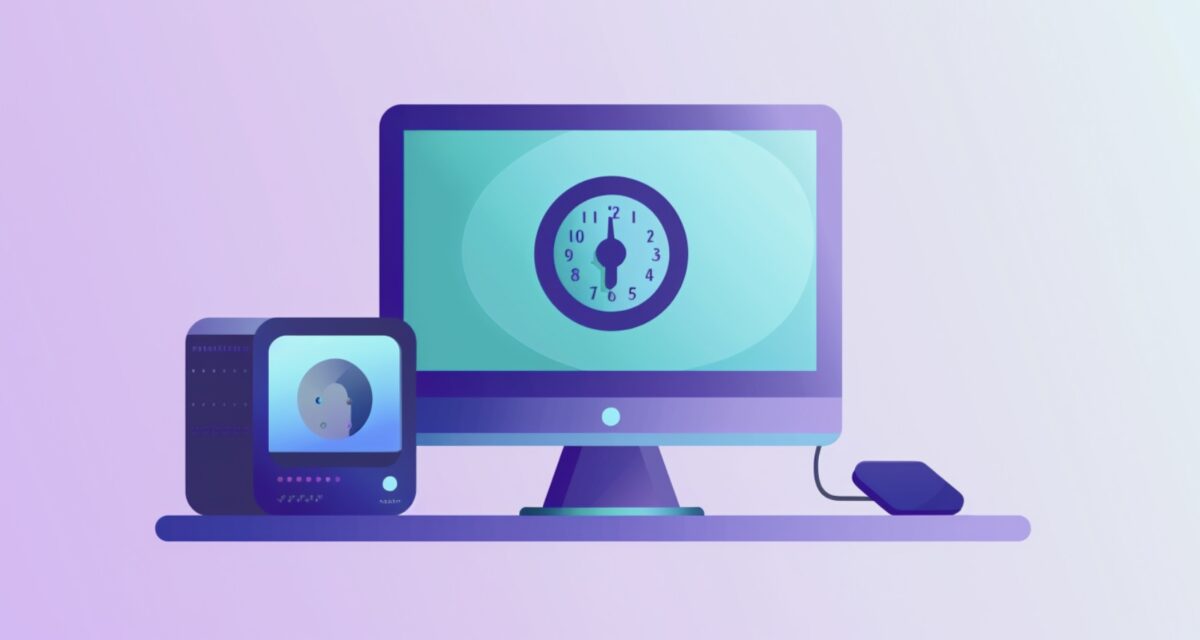
Navigating the digital realm requires an understanding of how your online activities can be monitored, especially when connected to a WiFi network. This article unveils the extent of visibility WiFi owners possess over your internet usage and how a free VPN can act as your digital cloak, ensuring your online activities remain private and secure.

The Visibility into HTTP and HTTPS Traffic
When you browse websites without encryption, you’re sending information in plain text. WiFi owners can easily observe the URLs of the sites you visit, the content of the pages, and any information you submit, such as passwords or messages, on sites that use HTTP. In contrast, HTTPS encrypts your data, limiting WiFi owners to only seeing the domains you access but not the specific pages or the data exchanged.
- Fact: Over 80% of web traffic is now encrypted with HTTPS, greatly enhancing user privacy.
Deciphering DNS Queries and Device Information
Every time you visit a website, your device sends a DNS query to translate the domain name into an IP address. Unless encrypted through DNS-over-HTTPS (DoH) or DNS-over-TLS (DoT), WiFi owners can monitor these queries, giving them insights into the websites you’re attempting to access. Additionally, they can see detailed information about connected devices, including the type, operating system, assigned IP, and unique MAC addresses.
The Power of Network Monitoring Tools
With sophisticated network monitoring tools, WiFi owners can delve deeper into the network traffic, analyzing the volume of data, the protocols used, and even the timing of your online activities. These tools provide a granified look at network usage, allowing administrators to pinpoint specific types of traffic, such as streaming or downloading.
- Table: WiFi Owner Visibility
| Data Type | Visibility Level | Encryption Impact |
|---|---|---|
| Unencrypted Website Data | High | None (HTTP) |
| Encrypted Website Data | Low | Domain only (HTTPS) |
| DNS Queries | Moderate to High | Reduced by DoH/DoT |
| Device Information | High | None |
| Network Traffic | High | Detailed with tools |

Enhancing Your Privacy with a Free VPN
A free VPN serves as a crucial tool in protecting your online privacy. By encrypting all data traffic from your device, it ensures that neither WiFi owners nor potential eavesdroppers can decipher your online activities. This encryption covers not just the content of your internet usage but also obfuscates the DNS queries and masks your real IP address, presenting a unified front of privacy and security.
- Fact: A VPN encrypts your internet traffic, making it unintelligible to anyone without the decryption key.
Conclusion: The Importance of Being Informed and Protected
Understanding the extent of visibility WiFi owners have over your internet usage underscores the importance of using encryption tools like HTTPS and VPNs. While network administrators may have legitimate reasons for monitoring traffic, such as managing network performance and security, individuals have a right to privacy. By utilizing a free VPN and preferring encrypted services, users can significantly enhance their digital privacy, ensuring that their online activities remain confidential and secure.
In the era of digital surveillance, being informed about the potential for monitoring and taking proactive steps to protect your privacy is more crucial than ever. Remember, the key to safeguarding your digital footprint starts with awareness and the right tools at your disposal.

